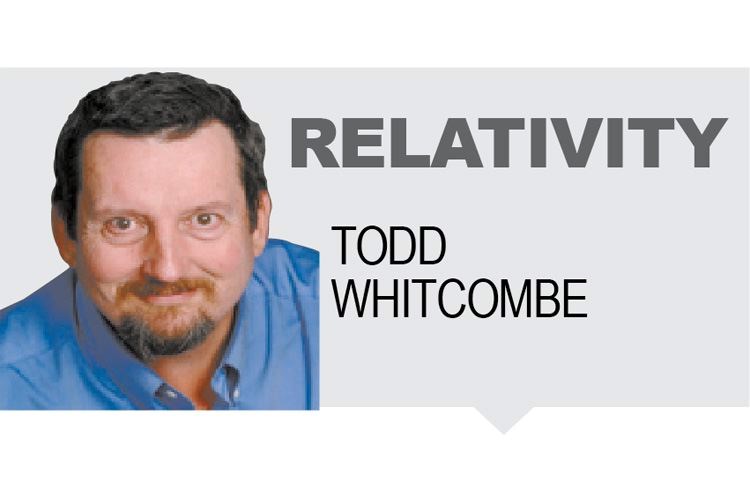"You have come to us young people for hope. How dare you! You have stolen my childhood with empty words. Yet, I'm one of the lucky ones.
"People are suffering, people are dying. All you can talk about is money and fairy tales of eternal economic growth. For more than 30 years, the science has been crystal clear."
Swedish teen activist Greta Thunberg did not mince words in her address to the United Nations Climate Summit. She is justifiably frustrated and angry at the state of the world. Her future is in jeopardy as is the future of youth around the world. It is no wonder so many went on strike last week.
Her comment were echoed by UN Secretary-General Antonio Guterres as he urged diplomats to offer up concrete solutions. The world needs to commit to meeting its targets.
"It is a race we are losing, but that we can win... we have the tools and technology is on our side," he said in his opening remarks.
Yet at the end of the summit, only 60 countries had stepped up to the plate with new plans and they represent only 37 per cent of the global emissions. Yes, Angela Merkel re-stated Germany's intentions to eliminate coal energy by 2038 but the big emitters such as the United States, Japan, and Australia remained on the sidelines.
And in the United States, there is a president who simply doesn't believe what scientists are telling him. "Fake news" is his answer, despite the evidence presented by hurricane after hurricane, drought after drought, and heat wave after heat wave.
There are many incidents in the course of human history where we have done damage to the environment. Often it is easy to look at such incidents and chalk them up to ignorance or stupidity. Who knew the dodos were restricted to only one island? Or that the last dodo was being shot and consumed to feed hungry sailors? After all, the sailors would argue, aren't all the beasts of the Earth simply there for us to consume?
This is an isolated scenario and might be easy to dismiss except it has happened over and over, wherever human populations have spread. In New Zealand, the Moa are a grouping of nine flightless species of birds with the largest standing over two metres tall. They did not survive human contact, becoming extinct as a result of hunting and other pressures related to humans, such as the introduction of non-native species to the islands.
The tumbleweed which rolls across the arid mid-western United States and the back country of Australia is not indigenous to either place. It is an import from Russia and likely hitched a ride in shipments of flax.
The giant ground sloth disappeared from South America around the time humans colonized the continent. Rabbits run wild over the Australian outback having been brought by early settlers. Gypsy moths are eating their way through hardwood forests across North America after being released from a failed silk farm. The dandelion was imported wherever settlers moved for its greens but is now considered a weed.
And the herds of bison, elephants, and giraffes are nowhere close to historic numbers. Lions, tigers, orangutans, gorilla, chimpanzee, polar bears - the list of large mammals gradually disappearing is staggering. A recent article estimates there has been a decrease in the bird population by three billion since 1970 alone.
Of course, these historic impacts are not a result of anthropogenic climate change. We can blame our ancestors for not having the scientific knowledge and understanding we now have. After all, they really didn't understand what they were doing. And who knows? If they had, maybe they would have done things differently.
But I think this is the point Greta Thunberg and millions of students around the globe have been trying to make over and over again.
We do know what we are doing.
We know exactly what effect we are having.
We are totally conscious of our actions.
And yet, we are not changing our ways fast enough.
The world will get warmer by two degrees over the next 80 years.
The planet we now occupy will be irreparably changed.
Species will be lost.
Eco-systems will be destroyed.
Habitat will shrink.
Will it wipe out the human race? Probably not.
Will it destroy all life on this planet? Definitely not. Life is far too resilient.
But the mass extinction caused by the anthropocene will leave the world a much poorer place. And it is the youth of today - our children and their children - who will inherit the planet where many animals are only found in books and computer files and biodiversity is threatened.
Greta Thunberg is not wrong but perhaps in her speech what she should have been saying is not that we have stolen her childhood with empty words but we have threatened her future.



